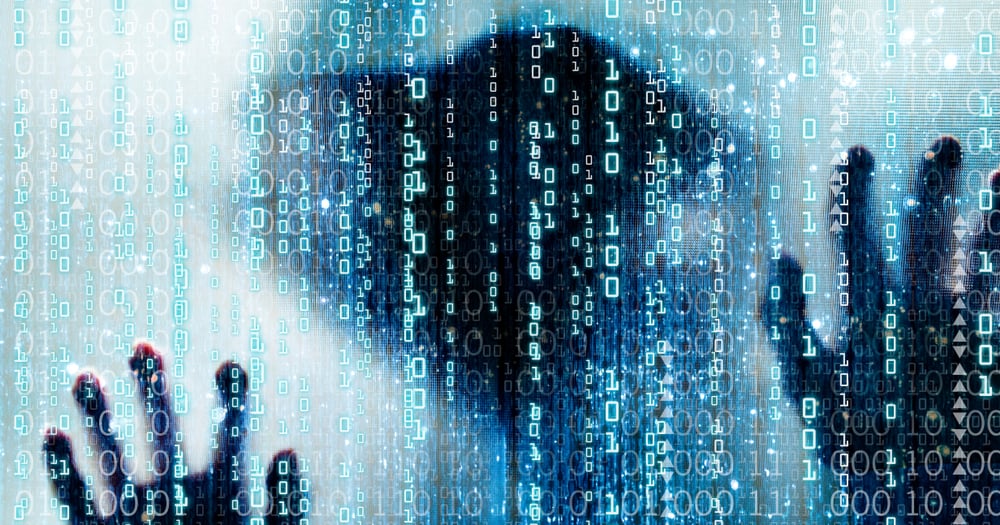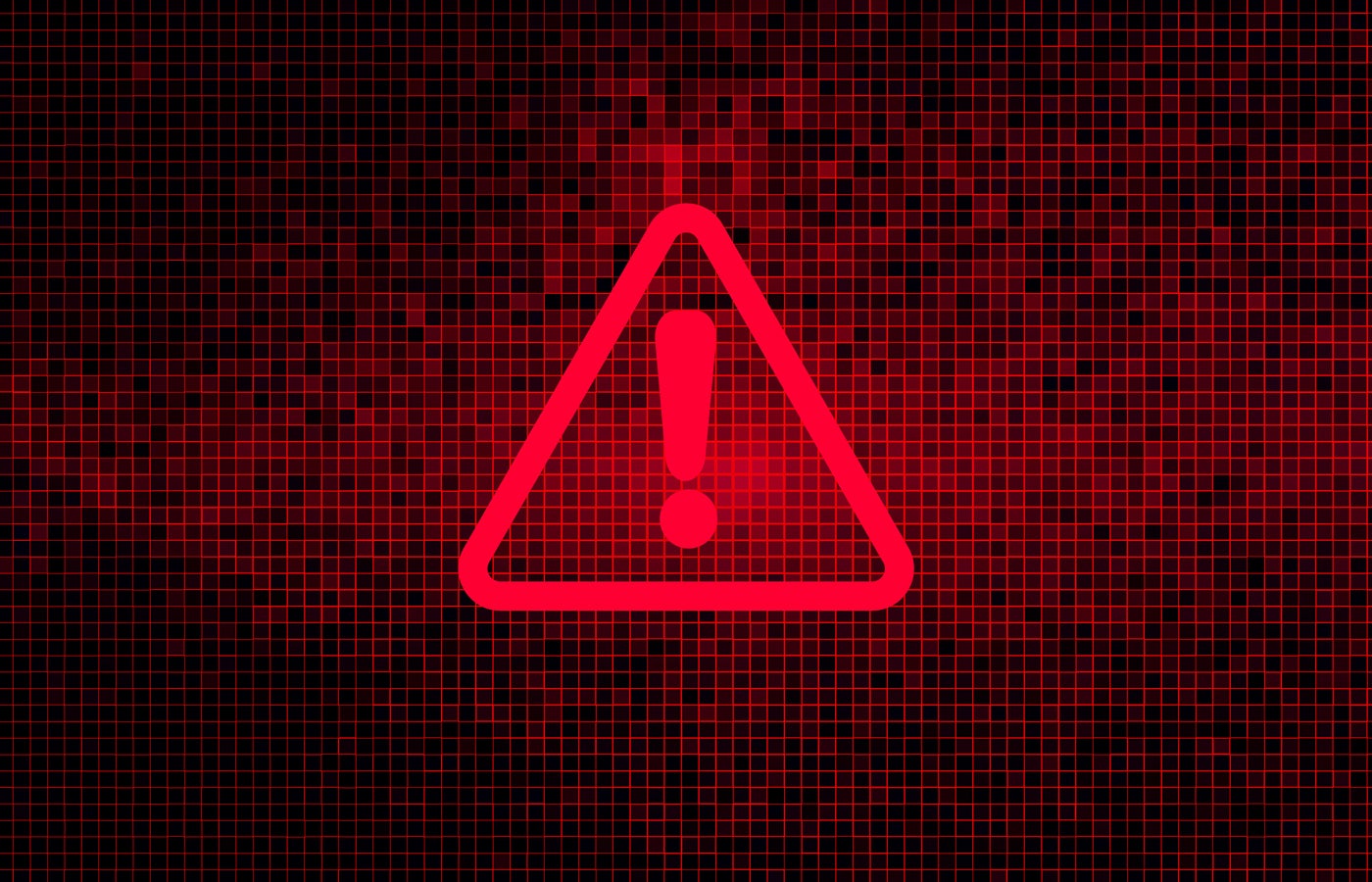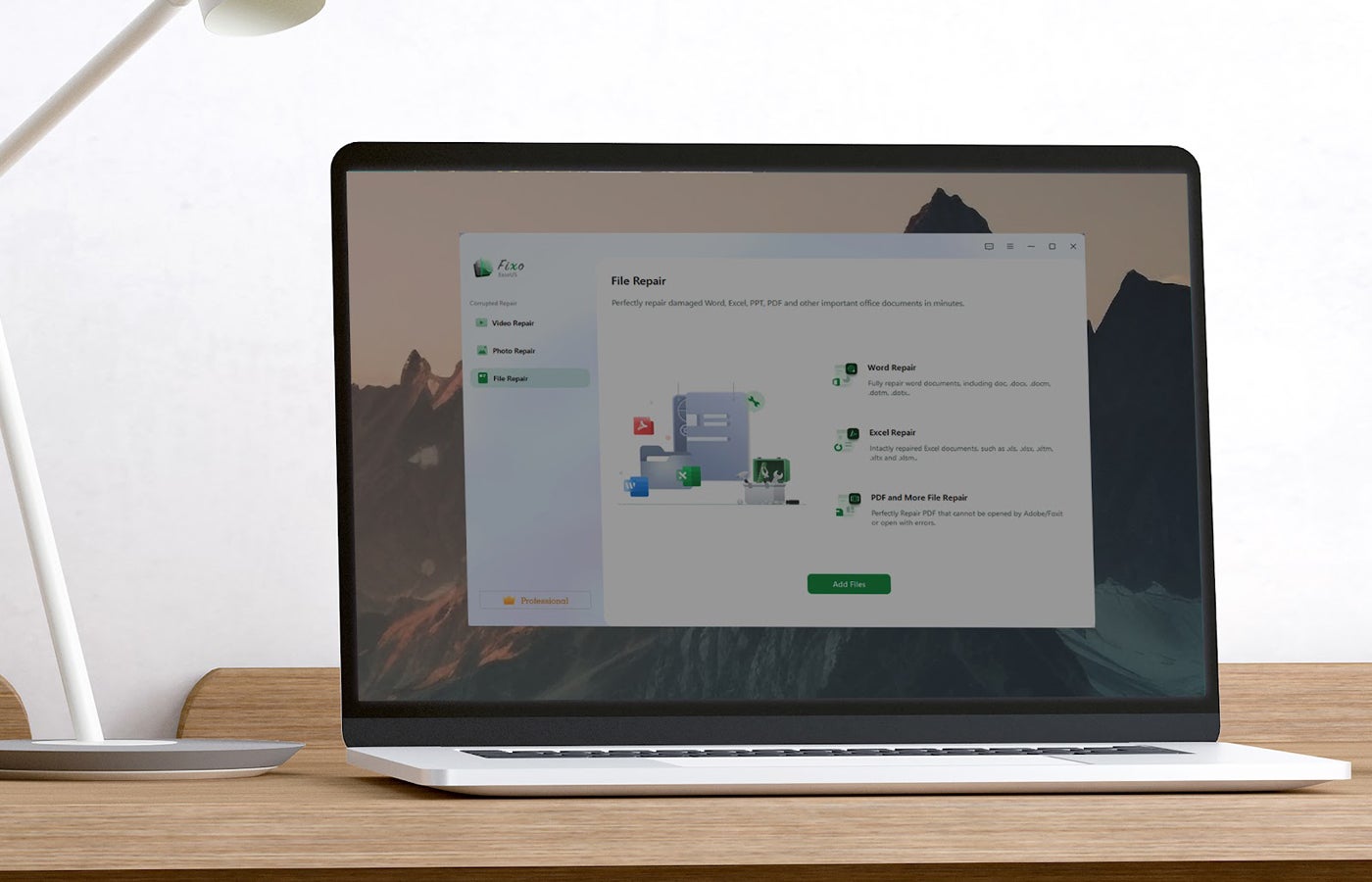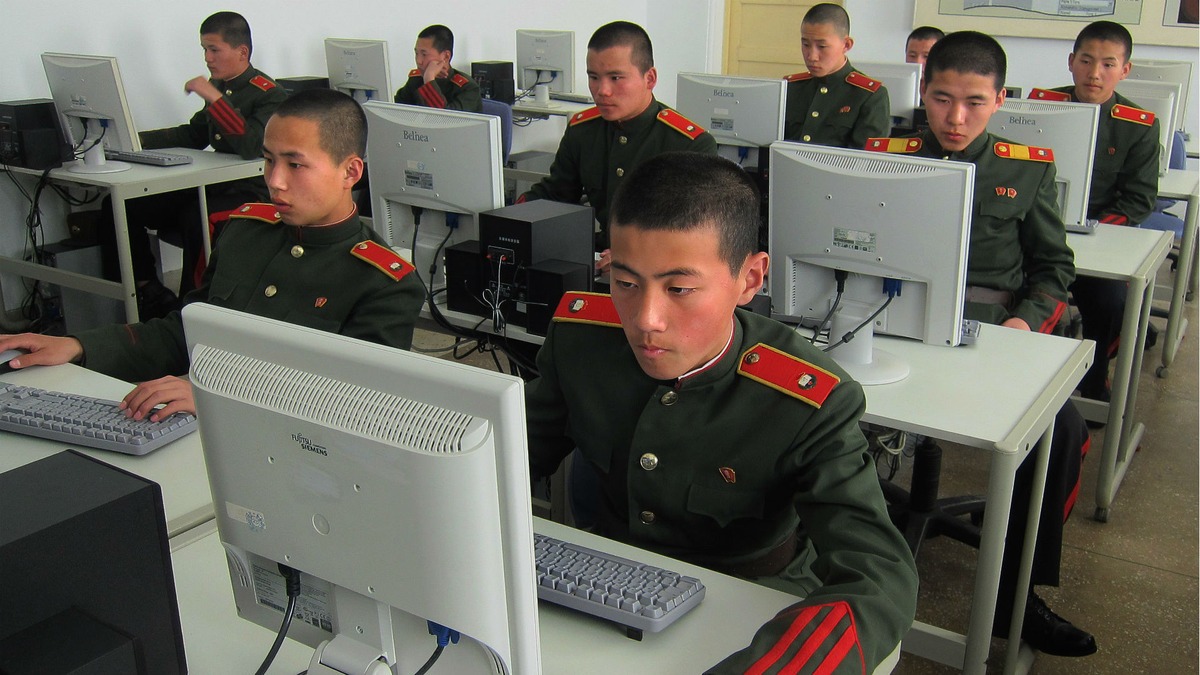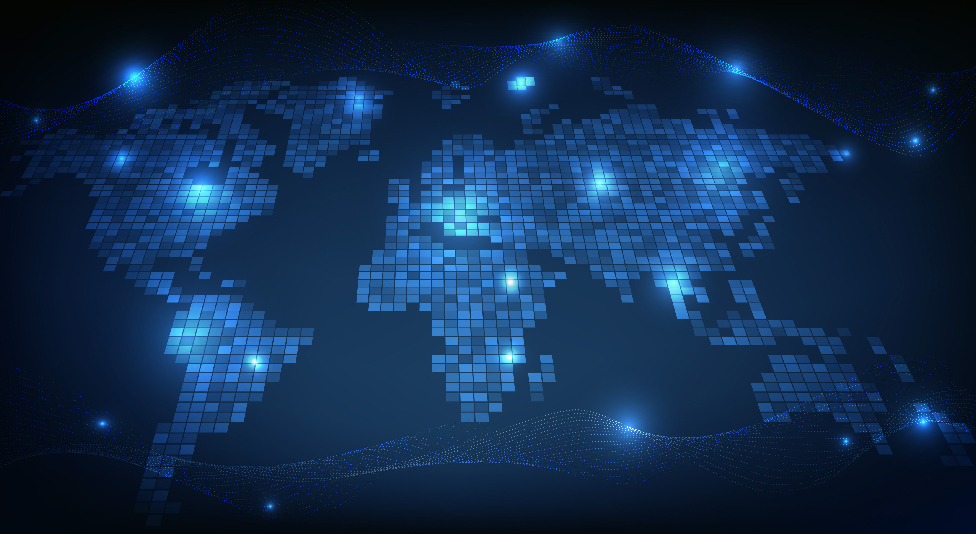
In the dynamic field of cybersecurity, the evolving trends of 2022, 2023, and the anticipated predictions for 2024 paint a vivid picture of challenges and opportunities. Drawing from extensive experiences as a technology and cybersecurity executive, encompassing roles in both the U.S. government and the private sector, my perspectives are shaped by years of immersion in the complex landscape of cybersecurity. These insights have evolved through continuous learning and global information exchange with fellow C-level executives and government officials.
Zero Trust Architecture: Navigating the Shifting Sands of Cybersecurity in 2022
The year 2022 marked a pivotal moment in the cybersecurity realm, with the spotlight firmly on the concept of zero-trust architecture. Against the backdrop of escalating cyber threats, President Biden’s executive orders underscored the urgency for organizations to fortify their digital fortresses.
The urgency became starkly evident in the aftermath of cyber incidents like the Colonial Pipeline attack, a watershed moment that influenced President Biden’s directives. As organizations grappled with the complexities of legacy systems, decentralized IT structures, and budgetary constraints, the implementation of a comprehensive zero-trust architecture emerged as both a necessity and a formidable challenge.
The five pillars prescribed by President Biden became a focal point of discussion, emphasizing the need for a designated official in each of the 438 federal government agencies by 2024. However, the real-world challenges of expertise shortages, resistance to change, and the technical debt accrued over decades became apparent hurdles. The decentralized nature of many government agencies compounded the difficulty, making the baseline zero-trust implementation seem almost insurmountable for massive organizations like the Department of Defense.
Artificial Intelligence: Work Efficiency and Ethical Dilemmas in 2023
Transitioning into 2023, the cybersecurity and digital landscape pivoted towards the integration of artificial intelligence (AI). A practical example of how AI facilitated a crosswalk analysis between different cybersecurity frameworks from two different countries in minutes, showcasing its potential to enhance work efficiency. This newfound efficiency, however, raised ethical dilemmas surrounding data ownership and intellectual property.
The “garbage in, garbage out” phenomenon underscored the importance of data quality in AI applications. As a cybersecurity professional, ensuring that AI is fed accurate and ethical data becomes paramount to prevent privacy breaches and the compromise of proprietary information.
The advent of AI introduced a specter of “identity crises,” notably through deepfakes. This technology’s potential for creating hyper-realistic yet entirely fabricated content poses significant challenges. The fear of sophisticated and polished phishing and cyberattacks through social engineering, powered by AI and machine learning, became the new reality. The dialogue around AI extended to the ethical considerations of who owns the intellectual property generated through AI algorithms, sparking essential conversations about transparency and accountability.

